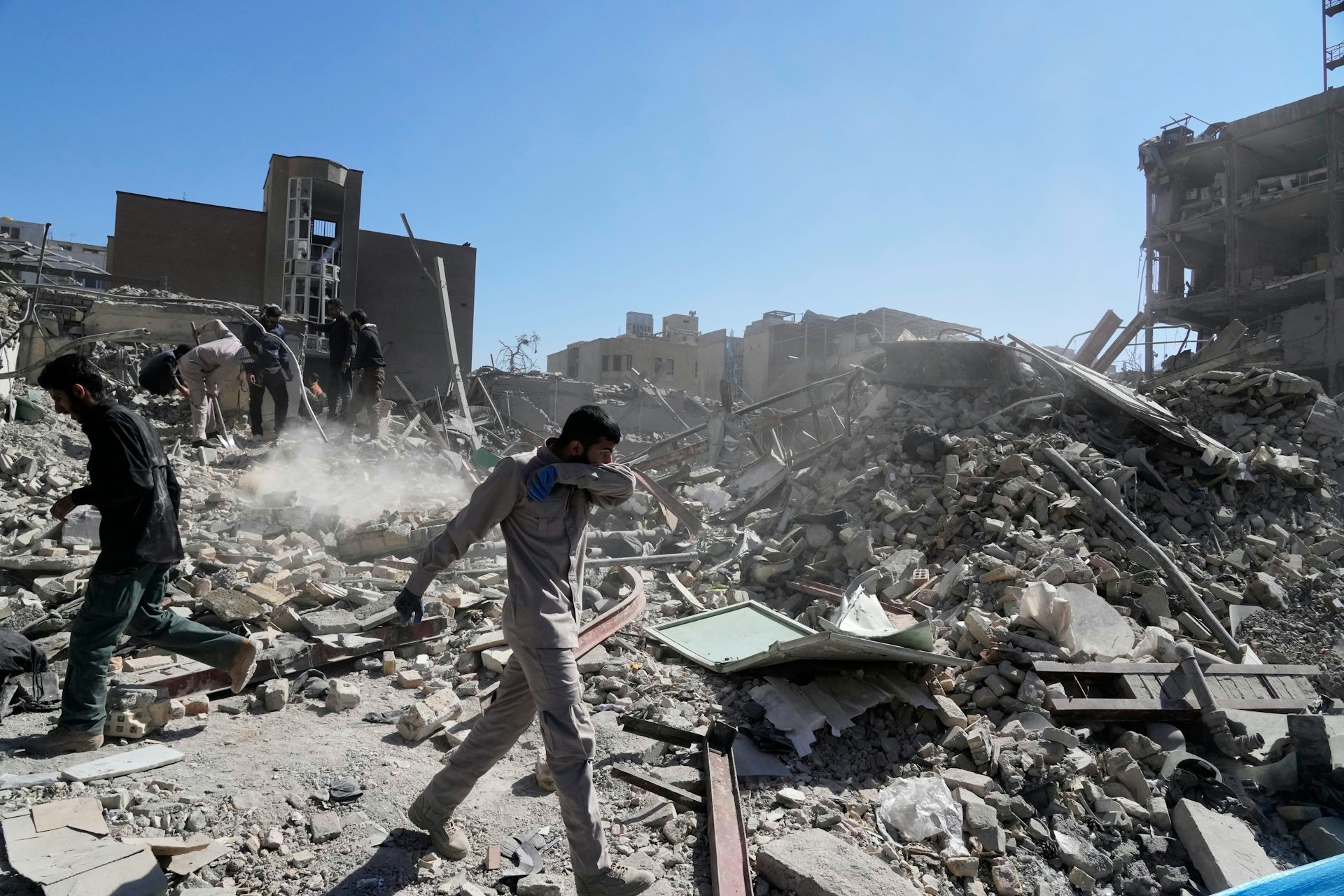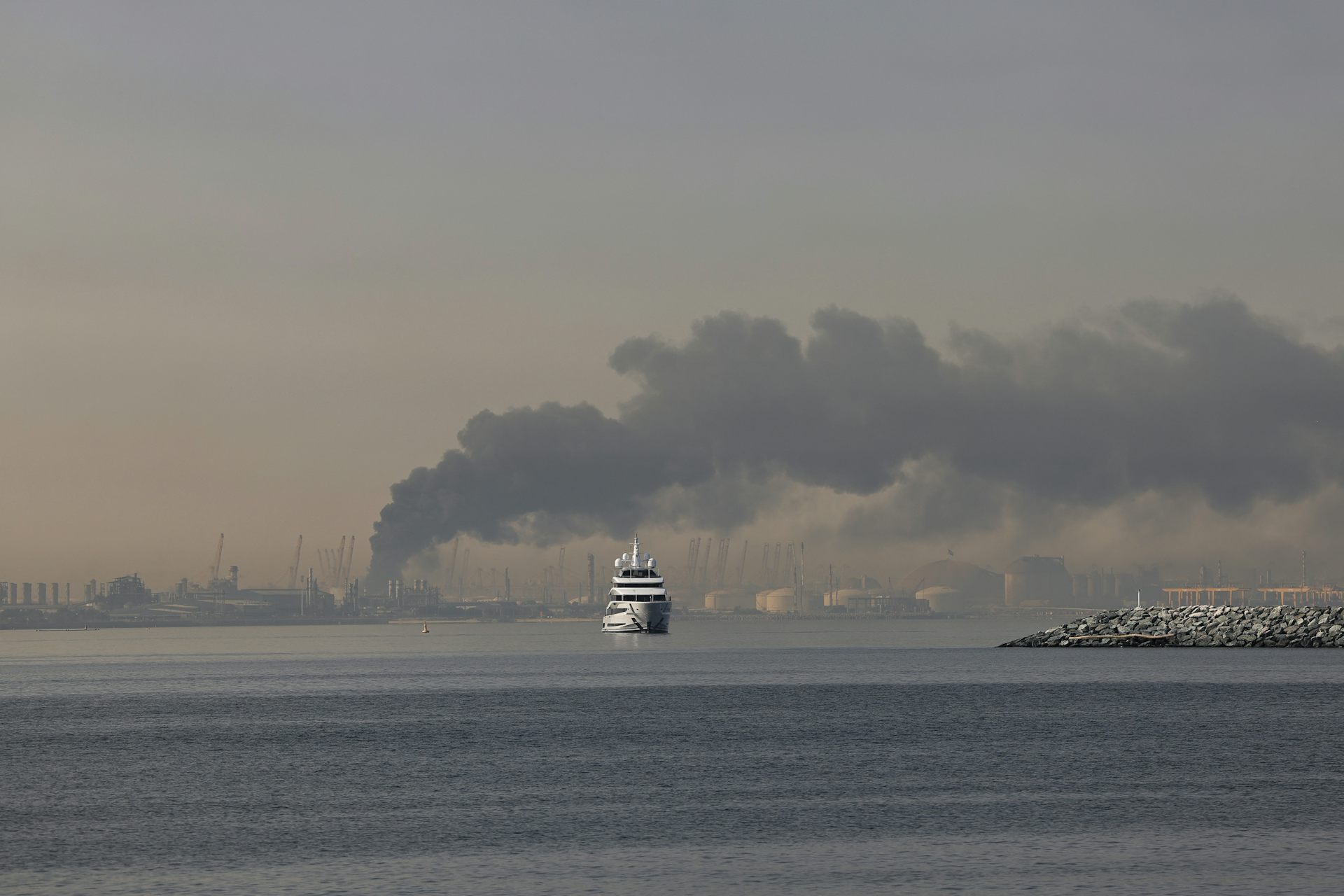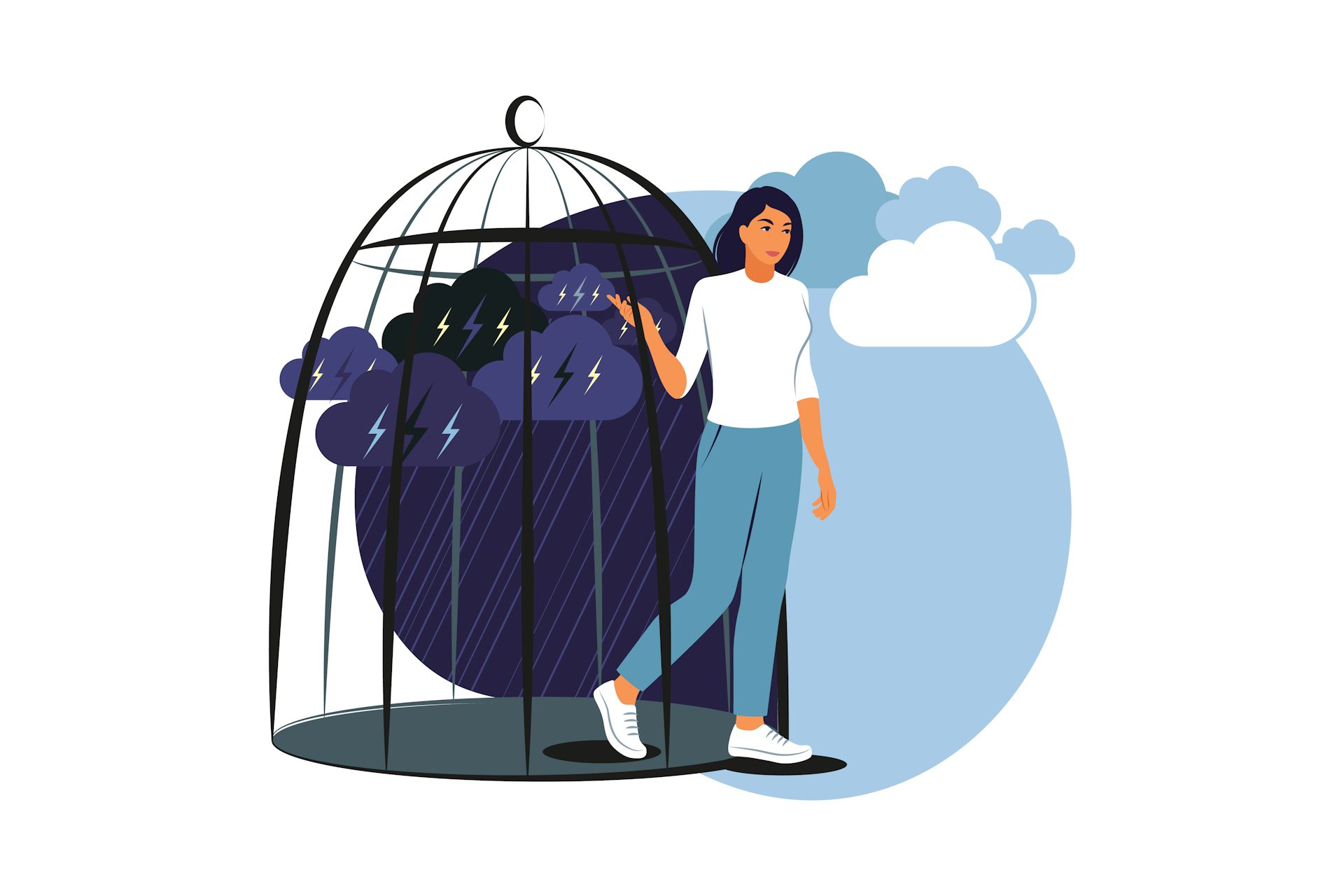Why McCain and all POWs deserve our profound respect and gratitude
Prisoners of war experience trauma, torture, humiliation and profound loneliness. A trauma psychologist explains how the effects can be lasting – and that Americans' gratitude should also be.
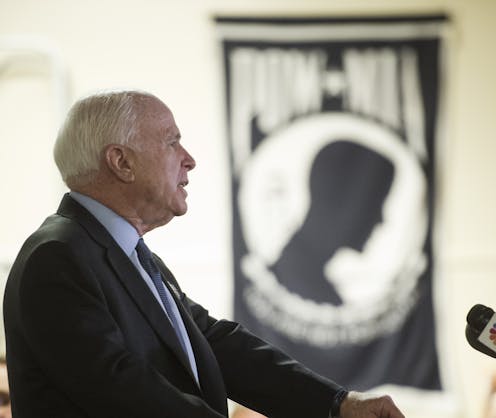
On Saturday, John McCain, the U.S. Republican senator from Arizona, a war hero and two-time presidential contender, died. As remembrances of him pour out, let us not focus on partisan politics and which political party currently favored him more.
As a trauma psychologist who has spent the past 20 years working with combat veterans and former prisoners of war, I implore my fellow Americans to say our goodbyes to this American hero in a very different way. As Senator McCain, a man who was held prisoner of war for five-and-a-half years in Vietnam, lost his battle to brain cancer, let us take this opportunity to open our hearts and minds to the men and women who serve in uniform, particularly the diminishing number of former POWs.
Horrors we cannot know
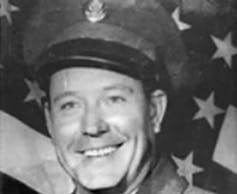
I have had the privilege of clinically working with dozens of former POWs, typically combatants who were taken hostage and held by an enemy power during World War II, the Korean Conflict or the Vietnam War. What many Americans may not know or remember is that fewer combatants are taken hostage nowadays. The reasons for this are many, including the changing nature of combat, such as the lower ability on our enemies’ part to use large amounts of mortar, artillery fire and airstrikes. Compared to World War II, where the number of POWs was over 100,000, the Vietnam War had relatively few, with fewer than 800 Americans known to have been held captive. But when you work with a POW and hear what he went through while in captivity, and the long-standing effects post-captivity, you realize that one is too many.
These men were cut off from the life they used to know, the comforts of home and the arms of their loved ones. They also suffered severe and extended exposure to captivity trauma. The tactics commonly used by captors are isolation, deprivation, abuse and interrogation. Most U.S. POWs were treated very harshly, but imperial Japan, the North Koreans, Chinese and the North Vietnamese and Viet Cong were particularly brutal. Our men, and sometimes women, were actively beaten and tortured. They were forced to stand or kneel for hours and sometimes days on end. They were denied and deprived of food, water and medical care. They were threatened with death and had to see and hear their fellow soldiers being tortured. These men had their arms and leg bound by ropes, ratchet handcuffs, leg irons or stocks, and were stretched for long periods of time. Can you imagine the physical pain and the emotional terror?
And, on top of that, they felt profound loneliness and humiliation.
Understandably, these men were in a hurry to return home. Hardly any received reintegration or rehabilitation upon release. And, the results of their captivity trauma followed them. The lifelong effects of captivity cannot be overstated. The consequences of being a former POW are extensive and well-documented.
These men often have neuropsychological, psychiatric, medical and social difficulties. Their problems include memory deficits, decreased ability to concentrate, gruesome nightmares, interrupted sleep cycles and an exaggerated startle response. Not surprisingly, they have much higher rates of depression and post-traumatic stress disorder than the general population.
They also have higher rates of chronic physical health disorders, particularly those of the peripheral nervous system, joints and back, and an increased rate of peptic ulcers. Because of the physical punishment or treatment with torture devices or procedures, they can also have long-lasting moderate to severe pain. How they live with these long-lasting effects is nothing short of remarkable.
Ongoing effects
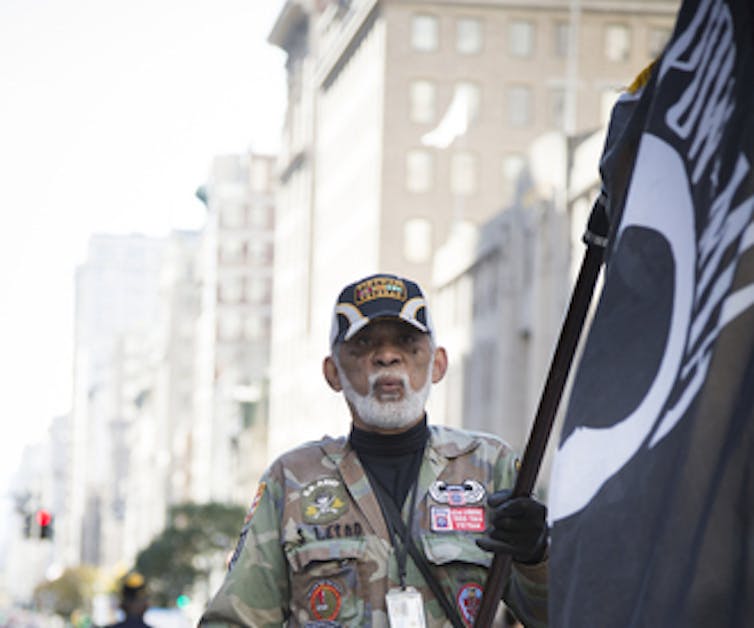
The enduring and painful psychological toll can also have an impact on their interpersonal relations and the lives of their spouses and children. Former Vietnam War POWs are more likely to divorce, have shorter marriages and have wives with lower marital satisfaction than Vietnam-era service members who did not experience captivity. It makes sense that POWs have greater impairments in connecting with others and a harder time with emotional and sexual intimacy.
Former POWs also have higher rates of verbal and physical aggression toward their partners. Many men I have treated over the years have talked about walking point around the perimeter of their homes because of concern that they or their loved ones might be attacked. Some go so far as to sleep with weapons under their pillows. Imagine having a partner with such afflictions.
Now it’s true that some of these men did not experience resulting emotional distress. Most did, however: some with continuous troubles and others with a waxing and waning of difficulties over their lifespan.
I’ve never had the fortune to meet John McCain or had an opportunity to directly assess his mental health. But he talked about his struggles rather candidly at times. And others have commented that he seemed most engaged when he was outraged, perhaps an effect of his captivity.
It doesn’t take a psychologist to tell you while McCain was incredibly resilient, there was also enormous pain. How can people know this about Senator McCain and our nation’s service members and not feel for them, not put ourselves in their shoes for just a second, imagine their agony, show them the respect they deserve and profoundly appreciate their sacrifice? At his passing, I ask other Americans to join me in saying, “Thank you, Senator McCain for serving our country with distinction and honor. America was better for your presence. Rest well, Old Soldier.”
Joan Cook received funding from the National Institute of Mental Health, Patient-Centered Outcomes Research Institute, and the Agency for Healthcare Research and Quality.
Read These Next
Why are some stars always visible while others come and go with the seasons?
From Earth spinning on its axis and orbiting the Sun to it precessing like a top, lots of factors affect…
Brazilian jiu-jitsu is having its #MeToo moment
With legend Andre Galvao accused of sexual misconduct, gyms and athletes have been forced to confront…
CIA agents successfully executed a plan for regime change in Iran in 1953 – but Trump hasn’t reveale
A covert US campaign in the mid-20th century helped steer Iran toward the intense anti-American sentiment…




